Our Lady's Close
Upper Norwood
SE19 3FA
Drama - VI Form
Subjects
-
Art - 6th Form List Item 2
-
New List Item Write a description for this list item and include information that will interest site visitors. For example, you may want to describe a team member's experience, what makes a product special, or a unique service that you offer.
Biology - 6th Form -
New List Item Write a description for this list item and include information that will interest site visitors. For example, you may want to describe a team member's experience, what makes a product special, or a unique service that you offer.
Business Studies - 6th Form -
New List Item Write a description for this list item and include information that will interest site visitors. For example, you may want to describe a team member's experience, what makes a product special, or a unique service that you offer.
Chemistry - 6th Form -
New List Item Write a description for this list item and include information that will interest site visitors. For example, you may want to describe a team member's experience, what makes a product special, or a unique service that you offer.
Computer Science - 6th Form -
New List Item Write a description for this list item and include information that will interest site visitors. For example, you may want to describe a team member's experience, what makes a product special, or a unique service that you offer.
Drama - 6th Form -
New List Item Write a description for this list item and include information that will interest site visitors. For example, you may want to describe a team member's experience, what makes a product special, or a unique service that you offer.
English - 6th Form -
New List Item Write a description for this list item and include information that will interest site visitors. For example, you may want to describe a team member's experience, what makes a product special, or a unique service that you offer.
Extended Project Qualification - 6th Form -
New List Item Write a description for this list item and include information that will interest site visitors. For example, you may want to describe a team member's experience, what makes a product special, or a unique service that you offer.
French - 6th Form -
New List Item Write a description for this list item and include information that will interest site visitors. For example, you may want to describe a team member's experience, what makes a product special, or a unique service that you offer.
Further Maths - 6th Form -
New List Item Write a description for this list item and include information that will interest site visitors. For example, you may want to describe a team member's experience, what makes a product special, or a unique service that you offer.
Geography - 6th Form -
New List Item Write a description for this list item and include information that will interest site visitors. For example, you may want to describe a team member's experience, what makes a product special, or a unique service that you offer.
History - 6th Form -
New List Item Write a description for this list item and include information that will interest site visitors. For example, you may want to describe a team member's experience, what makes a product special, or a unique service that you offer.
Latin - 6th Form -
New List Item Write a description for this list item and include information that will interest site visitors. For example, you may want to describe a team member's experience, what makes a product special, or a unique service that you offer.
Music - 6th Form -
New List Item Write a description for this list item and include information that will interest site visitors. For example, you may want to describe a team member's experience, what makes a product special, or a unique service that you offer.
Mathematics - 6th Form -
New List Item Write a description for this list item and include information that will interest site visitors. For example, you may want to describe a team member's experience, what makes a product special, or a unique service that you offer.
Physics - 6th Form -
New List Item Write a description for this list item and include information that will interest site visitors. For example, you may want to describe a team member's experience, what makes a product special, or a unique service that you offer.
Religious Studies - 6th Form -
New List Item Write a description for this list item and include information that will interest site visitors. For example, you may want to describe a team member's experience, what makes a product special, or a unique service that you offer.
Spanish - 6th Form
Drama
Why choose Drama and Theatre?
A Level Drama Inspires students to become independent theatre makers and creative thinkers with the skills they need to go on to higher education; whether that is to study a course in drama and theatre or another subject. Students develop transferable skills through the analysis of key texts in relations to social, historical and cultural context, collaborative group work and the interrogation of key theatre practitioners.
What study skills do you need?
- A love for Drama and Theatre as a subject – we will be reading and studying a lot of plays, so it is important that you are willing to conduct extra research and reading around the subject.
- Excellent collaborative group skills. You will be creating work with your classmates constantly, so this is a very important part of the course.
- Creative risk taking! The top bands in the mark schemes value inventiveness and creative thinking. The more outside the box you can think, the better.
- A willingness to critically analyse both your own work and the works of others.
- A love for acting and performance (or pre-established technical theatre skills to a high level, for example in lighting design).
What are the aims of the course?
The A-level Drama and Theatre course offers students the opportunity to explore drama as a practical art form, in which ideas and meaning are communicated to an audience through choices of form, style and convention.
Students will:
- create, perform and respond to drama and theatre
- develop the creativity and independence to become effective theatre makers
- explore the relationship between theory and practice in a range of theatrical styles and periods and historical, social and cultural contexts
- learn how relevant research, independent thought and analysis of live theatre production can inform decision making in their practical work and put this understanding into practice
- experience the ways in which theatre makers collaborate to create theatre.
GCSE requirements
- Minimum grade 7 in GCSE Drama.
Course content
The A Level is studied through the exam board AQA. The course is divided into three components:
- Drama and Theatre – Students are assessed on their knowledge and understanding of drama and theatre, the study of two contrasting set text plays and analysis and evaluation of the work of live theatre makers. This is assessed through a written paper. 40% of final grade.
- Creating Original Drama – Students are assessed on the process of creating and performance of a devised drama piece (students may contribute as performer, designer or director). This devised piece must be influenced by the work and methodologies of one prescribed practitioner. This is assessed through practical performance and creation of a ‘working notebook’. 30% of final grade.
- Making Theatre – Students are assessed through practical exploration and interpretation of three extracts (Extract 1, 2 and 3) each taken from a different play. The methodology of a prescribed practitioner must be applied to Extract 3. This is assessed through a final performance of Extract 3 to an external examiner (students may contribute as performer, designer or director). Students are also assessed through the creation of a reflective report analysing and evaluating their theatrical interpretation of all three extracts. 30% of final grade.
Further education and career opportunities
Studying Drama and Theatre can open up a wide range of career options within the performing arts industry itself but more importantly it teaches the key soft skills required for almost any career.
Confidence, collaboration, creative problem solving, time management and organisation, oral and written communication, emotional intelligence and interpersonal skills are all taught through the Drama curriculum and are listed as some of the most employable soft skills.
The development of these skills can also give students an edge during the interview process for universities and beyond.
- Example paths for further study or employment: Drama and Theatre Studies, Law, English Literature, Acting, Education, Journalism, Performing Arts; Directing; Film and Media Studies, Public relations, Stage Management, Stage Design, Applied Theatre, Production Arts, Writing for Stage and Screen,
Get more information
Thank you!
Please try again later.
CONTACT US
020 8674 7229
enquiries@thelaurelsschool.org.uk
5 Our Lady's Close,
Upper Norwood, SE19 3FA
ABOUT
ACADEMICS


All Rights Reserved | The Laurels |
Web design by www.beardfish.co


